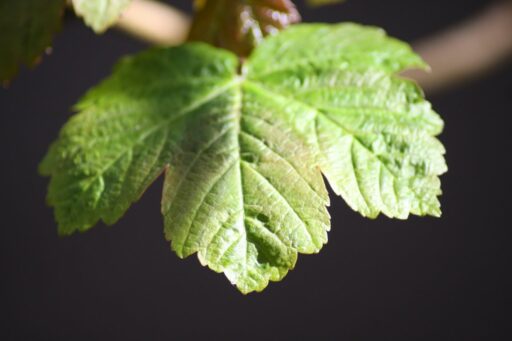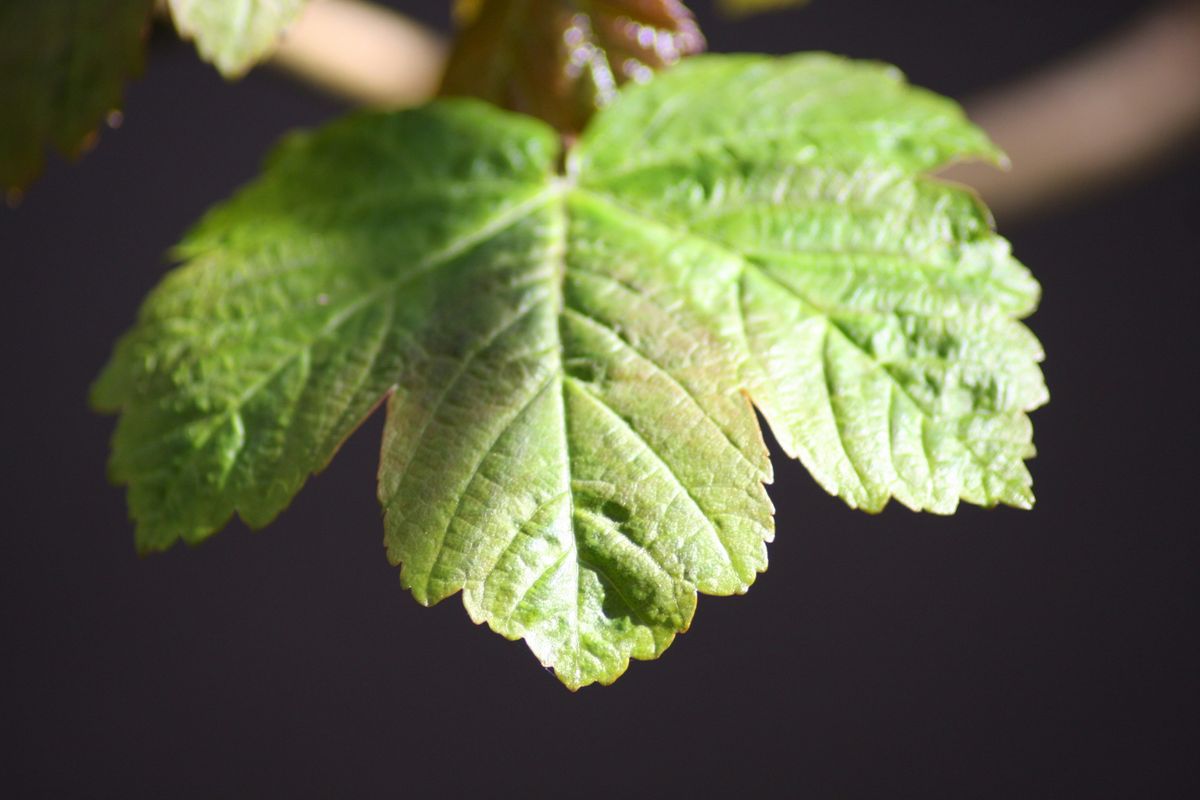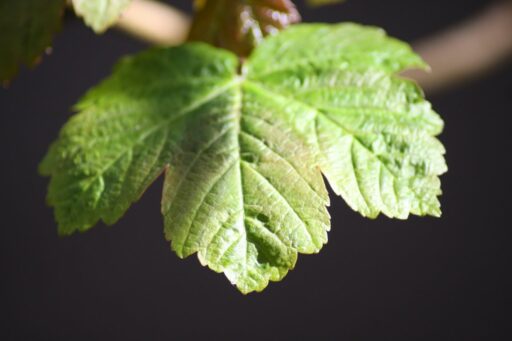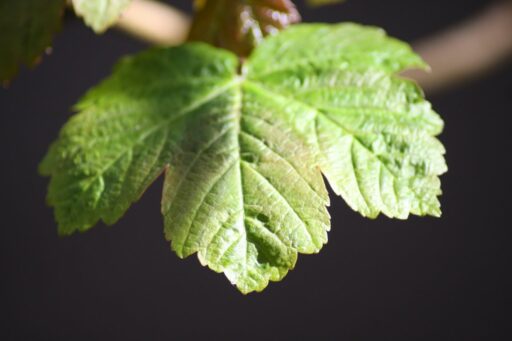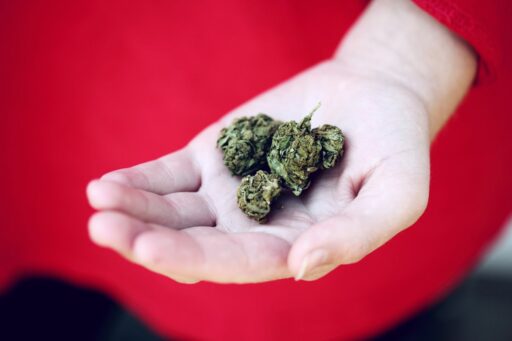In 2020, Nevada’s marijuana laws continued to evolve as the state upheld high standards for both medical and recreational use. Understanding the intricacies of these regulations is crucial for residents and visitors alike to ensure compliance and to appreciate the impact of cannabis on the state’s legal and economic landscape. This article delves into the key aspects of Nevada’s marijuana laws, from possession limits to the role of dispensaries, patient rights, industry regulations, and the ongoing legal debates.
Key Takeaways
- Nevada maintains strict regulations for cannabis compliance, with clear possession limits and operational guidelines for dispensaries.
- Medical marijuana in Nevada is accessible to those with qualifying conditions, and the state ensures patient privacy and protection through a regulated card application process.
- Recreational cannabis use is governed by age restrictions and public consumption laws, with specific rules in place for driving under the influence.
- The cultivation and production of marijuana are critical to Nevada’s economy, requiring licensing and adherence to rigorous quality control and testing standards.
- Legal challenges persist, particularly with federal versus state law conflicts, and the future of marijuana legislation in Nevada remains a subject of active debate and advocacy.
The Legal Landscape of Cannabis in Nevada

State Regulations and Compliance
In Nevada, the regulation and compliance of marijuana are overseen by the Nevada Cannabis Compliance Board (CCB). This body is responsible for ensuring that all licensees adhere to the state’s stringent cannabis laws, which are designed to protect consumers and maintain the integrity of the industry. The CCB’s oversight extends to various aspects of the marijuana business, from cultivation to sales.
- Licensees must comply with a comprehensive set of regulations that cover security measures, product labeling, and advertising restrictions.
- Regular inspections and audits are conducted to enforce compliance.
- Failure to adhere to regulations can result in penalties ranging from fines to license revocation.
The CCB’s commitment to transparency and regulation is crucial for the credibility and safety of Nevada’s cannabis market. It provides resources and guidance to help businesses stay within legal boundaries while operating in this dynamic field.
Understanding Possession Limits
In Nevada, the possession limits for marijuana are clearly defined to ensure that individuals adhere to the legal boundaries set by the state. Adults aged 21 and over are allowed to possess up to one ounce of marijuana or one-eighth of an ounce of concentrated marijuana. These limits are crucial to avoid penalties and are strictly enforced by law enforcement agencies.
It’s important for residents and visitors alike to understand and respect these limits to stay within the legal framework.
For those interested in the specifics, here’s a breakdown of the possession limits:
- Up to 1 ounce of marijuana (flower)
- Up to 1/8 ounce of concentrated marijuana (extracts, oils, etc.)
- Possession of more than these amounts can lead to significant legal consequences, including fines and possible jail time.
The Role of Dispensaries
In Nevada, dispensaries play a crucial role in the cannabis ecosystem, acting as the primary point of sale for both medical and recreational marijuana. Dispensaries are responsible for ensuring that all transactions comply with state laws, including age verification and possession limits. They also serve as an educational resource, providing information on various cannabis products and their effects.
Dispensaries must adhere to strict operational guidelines, such as maintaining security protocols and accurate sales tracking. Here’s a brief overview of key dispensary requirements:
- Secure storage of cannabis products
- Trained staff to handle transactions
- Implementation of a seed-to-sale tracking system
- Compliance with local zoning laws
Dispensaries are not just retail outlets; they are gatekeepers of legal compliance and public safety in the realm of cannabis sales.
It’s important for consumers to recognize the significance of dispensaries in maintaining the integrity of Nevada’s marijuana market. As the industry evolves, these establishments will continue to be at the forefront of navigating the complex regulatory environment.
Medical Marijuana in Nevada: Policies and Patient Rights

Qualifying Conditions for Medical Use
In Nevada, the list of qualifying conditions for medical marijuana use is comprehensive, ensuring that patients with a variety of ailments can seek relief through cannabis treatments. Chronic pain, one of the most common qualifying conditions, is a significant focus, as it affects a large portion of the patient population seeking medical marijuana.
Other conditions include, but are not limited to:
- Cancer
- Glaucoma
- HIV/AIDS
- Post-traumatic stress disorder (PTSD)
- Seizure disorders, including epilepsy
- Severe nausea
- Muscle spasms
The Nevada Cannabis Compliance Board (CCB) plays a crucial role in overseeing the medical marijuana program, ensuring that patients’ needs are met with the highest standards of safety and regulation.
Patients must receive a recommendation from a licensed physician and can then apply for a medical marijuana card, which grants them the legal right to purchase and possess cannabis for medicinal purposes. The process is designed to be patient-centric, with an emphasis on accessibility and confidentiality.
Application Process for Medical Cards
Obtaining a medical marijuana card in Nevada involves a multi-step process that ensures only qualified individuals gain access. The first step is to receive a diagnosis from a licensed physician for a condition that qualifies under Nevada’s medical marijuana program. After securing a diagnosis, patients must complete an application that includes personal information, proof of residency, and the physician’s statement.
Next, applicants submit their forms to the Nevada Department of Health and Human Services. The department reviews the application for completeness and compliance with state regulations. If approved, the patient receives a medical marijuana card, granting them the legal right to possess and use marijuana for medical purposes.
It’s important to note that there are fees associated with the application process, which vary depending on the type of application and any additional services required. Here’s a brief overview of the potential costs:
- Initial Application Fee: $50
- Renewal Fee: $75
- Card Replacement Fee: $25
Patients should also be aware of the privacy protections in place, ensuring that their medical marijuana use remains confidential and secure.
Patient Privacy and Protections
In Nevada, the privacy of medical marijuana patients is a paramount concern. Patient records are confidential and protected under the Health Insurance Portability and Accountability Act (HIPAA). Dispensaries and medical professionals are required to uphold strict confidentiality protocols to ensure that patient information is not disclosed without consent.
- Patient identification cards
- Medical records
- Purchase history
These elements are safeguarded to prevent unauthorized access and discrimination. For instance, employment policies must balance the rights of medical cannabis patients against workplace safety concerns.
Nevada’s legislation provides a framework that prevents misuse of patient data and aims to protect patients from potential discrimination in various spheres, including employment and housing.
Recreational Use of Marijuana: Rules and Restrictions

Age Requirements and Public Consumption Laws
In Nevada, the recreational use of marijuana is strictly regulated to ensure responsible consumption. Adults 21 years of age and older are the only individuals legally permitted to purchase and use cannabis for recreational purposes. This age requirement aligns with the state’s stance on alcohol consumption and is intended to prevent underage use of marijuana.
Public consumption of marijuana remains illegal throughout Nevada. Consuming cannabis in any public space, including parks, streets, and vehicles, can result in legal penalties. The law is clear: use of marijuana is confined to private residences. This restriction aims to maintain public order and safety, ensuring that the effects of cannabis do not impact the wider community.
While private use is permitted, it’s important for residents and visitors alike to understand that the privilege comes with the responsibility to adhere to all state laws and regulations regarding marijuana consumption.
Driving Under the Influence of Cannabis
In Nevada, driving under the influence of cannabis is treated with the same severity as alcohol-related DUIs. Driving while impaired by marijuana is illegal and can result in significant legal consequences. The state has established per se limits for THC in the bloodstream, which is the psychoactive component of marijuana.
- 2 nanograms per milliliter (ng/mL) of blood for THC
- 5 ng/mL of blood for marijuana metabolite
These limits are indicative of recent marijuana use, and exceeding them can lead to a DUI charge. Law enforcement uses a variety of methods to determine impairment, including field sobriety tests and blood tests.
It is crucial for drivers to understand that any amount of cannabis consumption could potentially put them over the legal limit. Even if a driver feels unimpaired, they may still be legally intoxicated.
Nevada’s approach to drugged driving aims to ensure the safety of all road users. As marijuana use becomes more prevalent, the state continues to refine its policies to address the challenges of marijuana-impaired driving.
Tourism and Marijuana: What Visitors Need to Know
Nevada’s welcoming stance on recreational marijuana extends to tourists, who are subject to the same regulations as residents. Visitors must be at least 21 years old to purchase and consume cannabis products. However, public consumption remains illegal, and tourists should be mindful of consumption laws to avoid penalties.
While staying in Nevada, tourists should only purchase marijuana from licensed dispensaries. It’s important to note that transporting cannabis across state lines is a federal offense, even if traveling to another state where marijuana is legal.
- Do not consume marijuana in public spaces, including casinos, hotels, and vehicles.
- Always carry a valid ID to prove age when purchasing cannabis.
- Be aware of the possession limit, which is one ounce of marijuana or one-eighth of an ounce of concentrated marijuana.
Remember, while you can enjoy marijuana in the privacy of a residence, driving under the influence of cannabis is strictly prohibited and can result in severe legal consequences.
Cultivation and Production: Nevada’s Marijuana Industry

Licensing for Growers and Producers
In Nevada, the process of obtaining a license to grow or produce marijuana is stringent, ensuring that only qualified entities participate in the industry. Prospective growers and producers must navigate a comprehensive application process, which includes background checks, financial assessments, and detailed operational plans.
- Eligibility criteria: Applicants must meet specific legal and financial requirements.
- Application submission: A detailed proposal including business plans and security measures is required.
- Review and approval: State authorities conduct thorough reviews before granting licenses.
The state’s rigorous licensing framework is designed to maintain high standards within Nevada’s marijuana industry, reflecting its commitment to safety, quality, and legal compliance.
Quality Control and Testing Standards
In Nevada, the marijuana industry is held to high standards of quality control and testing to ensure consumer safety and product integrity. All cannabis products must undergo rigorous testing before they can be sold in dispensaries. This includes screening for pesticides, contaminants, and potency levels to guarantee that products are safe for consumption.
The state has established a set of mandatory testing requirements that producers must meet. These include, but are not limited to:
- Cannabinoid profiling
- Terpene analysis
- Microbial screening
- Residual solvents testing
- Heavy metals testing
The emphasis on quality control is a testament to Nevada’s commitment to public health and the responsible management of its cannabis industry.
Producers who fail to comply with these standards face penalties, including product recalls and license revocation. The enforcement of these regulations is crucial for maintaining the trust of consumers and upholding the reputation of Nevada’s marijuana market.
Economic Impact on the State
The legalization of marijuana in Nevada has had a significant economic impact on the state. In the fiscal year of 2018, the burgeoning cannabis industry contributed substantially to the state’s revenue streams. Retailers reported impressive sales figures, indicating a strong market presence and consumer demand.
- $530 million in sales from medical and recreational cannabis
- Tax revenue bolstering state-funded programs
- Job creation across cultivation, production, and retail sectors
The financial benefits extend beyond direct sales, with ancillary businesses also thriving due to the increased demand for services related to the cannabis industry. This ripple effect underscores the broad economic influence of legalized marijuana in Nevada.
The robust growth of the cannabis market in Nevada exemplifies the potential for marijuana legalization to drive economic development and support state budgets.
Legal Challenges and Ongoing Debates

Federal vs. State Law Conflicts
The interplay between federal and state marijuana laws creates a complex legal environment for Nevada. Despite state legalization, cannabis remains illegal under federal law, leading to a precarious situation for businesses and consumers alike. This dichotomy can affect everything from banking to law enforcement priorities.
- Federal law classifies marijuana as a Schedule I substance.
- Nevada law permits regulated use, sale, and cultivation.
- Discrepancies lead to challenges in areas such as taxation and interstate commerce.
The tension between state sovereignty and federal oversight continues to shape the legal landscape. Nevada’s marijuana industry operates under the constant uncertainty of federal intervention, which could undermine state regulations at any time.
Advocacy and Opposition Groups
In the dynamic landscape of Nevada’s marijuana legislation, advocacy and opposition groups play a pivotal role. Advocacy groups champion the benefits of marijuana, emphasizing its medicinal properties and the potential economic boon from its legalization. They work tirelessly to educate the public and policymakers, aiming to shape a more cannabis-friendly legal framework.
On the other side of the spectrum, opposition groups raise concerns about public health, safety, and the social implications of marijuana legalization. These groups often consist of community leaders, healthcare professionals, and law enforcement agencies who advocate for strict regulations or outright prohibition.
The interplay between these groups can significantly influence the direction of marijuana legislation in Nevada, as each side presents compelling arguments to sway public opinion and legislative decisions.
The following list illustrates some of the primary objectives of both advocacy and opposition groups:
-
Advocacy Groups:
- Promote the therapeutic use of cannabis
- Support research on marijuana’s health benefits
- Encourage economic growth through the cannabis industry
-
Opposition Groups:
- Highlight potential risks associated with marijuana use
- Advocate for stringent regulatory measures
- Campaign for educational programs on drug abuse prevention
The Future of Marijuana Legislation in Nevada
As Nevada continues to navigate the evolving landscape of marijuana legislation, significant changes are on the horizon. The 2023 NORML Legislative Report indicates a shift towards more comprehensive cannabis policies, with recent actions such as the signing of Senate Bill 516 by Wes Moore, which implements a voter-approved referendum for the production and sale of cannabis to adults.
The trajectory of marijuana laws in Nevada suggests a trend towards greater acceptance and regulation. This is evident in the ongoing discussions among policymakers, stakeholders, and the public. The future may include further refinement of existing laws, addressing concerns such as public safety, youth access, and the balance between state and federal regulations.
The integration of cannabis into Nevada’s legal and economic framework is a complex process, requiring careful consideration of various factors to ensure responsible use and distribution.
Looking ahead, stakeholders are preparing for potential amendments that could reshape the industry. These may involve:
Conclusion
In summary, Nevada’s marijuana laws in 2020 represented a complex tapestry of regulations aimed at balancing the state’s progressive stance on cannabis use with the need to maintain public safety and order. As we’ve explored throughout this article, understanding these laws requires a keen awareness of the legal nuances, from the licensing of dispensaries to the enforcement of consumption rules. It’s clear that Nevada has set high standards for the marijuana industry, reflecting a broader trend of states taking a more structured and responsible approach to cannabis legalization. As the legal landscape continues to evolve, it will be crucial for residents and visitors alike to stay informed about the latest developments to ensure compliance and to appreciate the implications of these regulations on society at large.
Frequently Asked Questions
What are the legal possession limits for marijuana in Nevada?
In Nevada, adults aged 21 and over are legally allowed to possess up to one ounce of marijuana or one-eighth of an ounce of concentrated marijuana, such as hashish.
Can I grow my own marijuana plants in Nevada?
Residents can grow up to six marijuana plants per person, with a maximum of twelve plants per household, provided they reside more than 25 miles from a licensed dispensary.
Are there any restrictions on where I can consume marijuana in Nevada?
Yes, marijuana consumption is restricted to private residences. Public consumption, including on federal land and in hotels, is illegal and subject to fines.
How do I apply for a medical marijuana card in Nevada?
To apply for a medical marijuana card in Nevada, you must have a qualifying condition, obtain a physician’s recommendation, and submit an application to the Nevada Department of Health and Human Services.
Is driving under the influence of cannabis legal in Nevada?
No, it is illegal to drive under the influence of cannabis in Nevada. The state has per se DUI laws that make it an offense to drive with a certain level of THC in your system.
As a tourist, can I purchase marijuana in Nevada?
Yes, tourists aged 21 and over can legally purchase marijuana from licensed dispensaries in Nevada, but they must consume it in a private residence.
